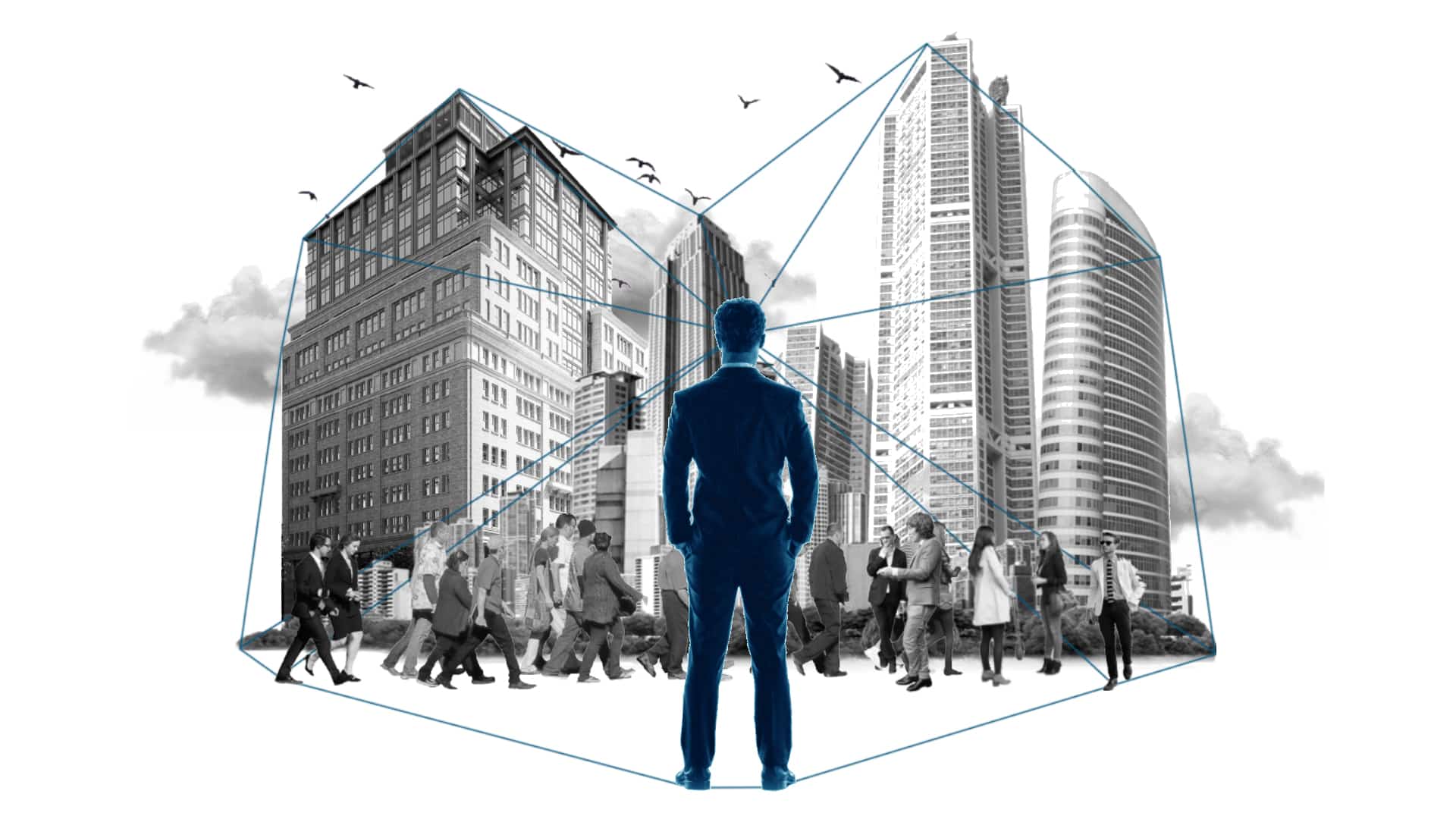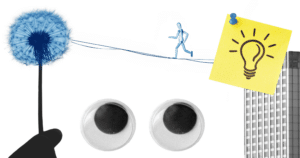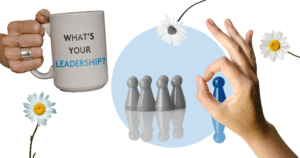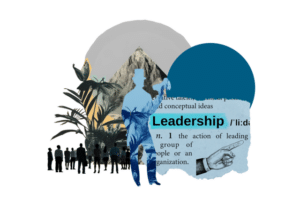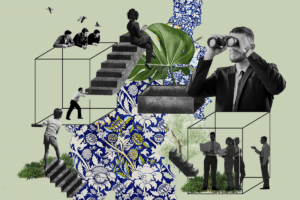The clown of Kierkegaard
In his book Aut-Aut, the Danish philosopher Kierkegaard tells of a clown who ran away from the fire that broke out in his circus and arrived in the nearest village to warn everyone of the danger. Scared, the clown screamed and cried, asking for help, begging people to get away quickly, but no one believed him. Everyone thought he was acting and they interpreted whatever he said or did as part of a comic act. The consequence? The village burned down and the inhabitants died in the flames.
The villagers did not understand the clown’s real intentions. They focused on the surface, without going beyond appearances and their existing beliefs. This led them to make bad decisions.
This brings to my mind a similar story from real life. Risto Siilasmaa, former chairman of the board of Directors of Nokia said in a public speech in Brussels in 2013, that the biggest mistake that the company’s top management had made was not to listen to the market or the lower levels of the organization, where people had understood very well that the sector was moving in a different direction; that the future would be in software rather than hardware.
To listen and to observe are two profound practices to implement. We do not have time. They require patience. We do not always understand their value, nor do we know how to practice the behaviors necessary to activate them. Today, more than ever, we are always on the run, we frantically chase both our work and personal commitments. We are intoxicated by the many inputs to which we are constantly subjected and by FOMO. We feel obliged to always do something since inactivity is out of the question. Indeed, even doing only one thing at a time is not enough for us: during a meeting, we hear the colleague, maybe we even intervene, at the same time we take care of other tasks and are already thinking about organizing the next call. This way we are never fully present, we never fully participate.
Knowing how to fully listen brings substantial benefits to relationships with other people and with the outside world in general, helping us make informed and therefore, better decisions. This is because it allows us to adopt a constructive approach towards ourselves, others, and the situations and problems we face.
Therefore, coaching in this skill is indispensable in organizational contexts. On one hand, it is useful to increase one’s effectiveness in active delivery in achieving business objectives. While on the other hand, it is often crucial to focus also on the relational dynamics by listening to shareholders, colleagues, collaborators, and customers. For those in top positions, it is certainly useful to understand the voice of the market: Where is it going? How is it developing?
Learning to listen
Listening is distinguished from mere ‘hearing’. The latter is related to the sense of hearing as a physical act and has to do with the passive reception of sounds and noises. It is automatic: we cannot help but hear, it is something that happens in our presence. We can hear, without realizing it.
Listening, on the other hand, is a voluntary act: it implies an active effort, we need to decide to “listen”. This is why it is a real skill, a strength that can and must be developed and can be coached. It is not linked to one of the five senses, but in a certain way it involves them all and requires specific behaviors to be implemented.
The ingredients needed to active listening are:
- observation
- curiosity
- suspension of judgment
- time
- concentration
- reflection
First of all, knowing how to listen implies observing what happens outside and inside of ourselves. It means gaining an authentic understanding of what is going on. Listening means activating an attitude of openness and genuine curiosity towards ourselves, towards other people, and more generally towards the situation in which we find ourselves. We need to suspend the natural temptation to judge, define and label what we encounter. Knowing how to listen means gaining awareness of the internal, external, and relational dynamics that involve us. Suspending judgment means seeing things for what they are, without interpretative filters that can alter the reading of reality.
Listening, therefore, requires a complex and demanding dynamic, which takes time. Stopping or suspending the constant and frenetic rush of doing, is necessary to immerse oneself in the here and now, leaving the daily activities that distract us and instead, entering into the concentration of the moment. It has to do with being fully present in the situation, immersing oneself in the flow of what is happening while not passively suffering it, but rather welcoming it.
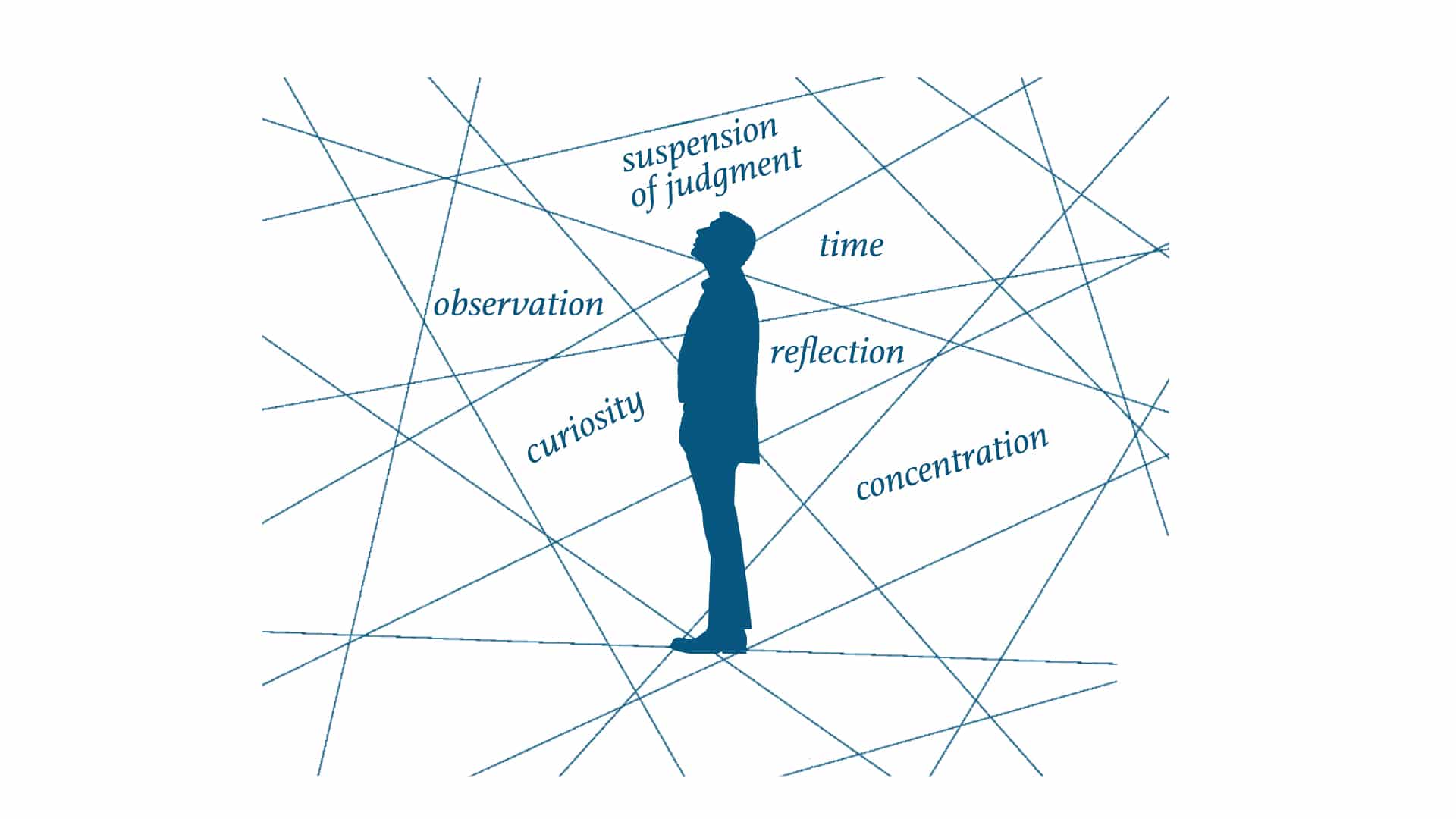
In today’s fast-paced world, where we jump from one call to another in a very short period of time, it becomes crucial to be present and quickly grasp what is being said and to read between the lines. There will be no second chances. Once the call or the meeting is over, we have lost our opportunity unless we don’t involve our stakeholders a second time. What a waste of time for everyone. “Carpe diem” the Latins used to say, and today the ability to live in the present is becoming increasingly important. With my Coachees, I work a lot on the aspect of knowing how to be present and the related connection to organizational effectiveness. If we are really present and listen to what the others are saying, things do not have to be repeated.
Read also:
Language: bridge or barrier?
For a manager who leads his/her team, or attends the board meeting, understanding the unspoken words of the interlocutors is also important. Indeed, this is crucial. This comes to us only through careful observation of those who are with us on the call or in the meeting room.
Reflection is fundamental for effective listening, to capture what comes to us, go back to it and re-evaluate it. As a Coach, I emphasize reflective practice, since the process of understanding what is around us, or even ourselves, does not happen intuitively. In the 60s the educational theorist, David Kolb, presented the experiential learning process as having four distinct phases: experience, reflective observation, abstract conceptualization, and active experimentation. This process is also valid when we are practicing listening. We need to understand the meaning of what we are hearing.
Subsequently, sharing our reflection and our deductions back to the other person is a key component that helps him/her understand that we are really listening to him or her. Here we can make use of some simple but effective tools from the Coaches tool kit: reformulating, asking further questions to verify the information that is dubious or unclear, leaving some space for reflection for ourselves and the other, so as not to interrupt him or her.
Listening as a strength
Listening makes learning and growth possible, not only from an intellectual but also from a professional and personal point of view. Only by learning to listen, can we really know ourselves and the things that surround us, understand them and internalize them, and thus carry out the necessary transformation.
Consequently, listening is also the key skill for implementing the most effective behavioral strategies for enabling change to happen. It allows us to identify all the relevant and significant elements, to discern those most appropriate concerning the context and our interlocutor. It also helps us to focus on those aspects that are most important for us in a specific situation. Although deep listening requires the suspension of activities, it allows us to implement conscious actions and to make better and targeted decisions because it opens us to a deeper understanding of the reality that surrounds us.
The difference between acting and reacting: when we listen we are alert and attentive, ready to pick up the signals that stimulate us, to understand and manage the emotional dynamics that these trigger in us and in others, and thus, to implement more functional behaviors. The result? An action based on a conscious decision and not an automatic and half though through reaction. While listening, we suspend our judgment, we approach what happens not with the hasty intention of defining and labeling things, but with a sincere desire to understand whats going on. Only in this way can we deal with things effectively.
Knowing how to listen is clearly paramount and improves our relationships with others. To build a climate of trust and lay the foundations for a fluid and effective communication, it is necessary to approach people constructively and openly. For example, by showing a sincere interest in what the other has to tell us with the explicit aim of understanding it.
The benefits of listening and how to activate it
Precisely because contemporary conditions discourage listening, they make it all the more urgent. So, what can we do to activate this strength?
- listen to customers, collaborators, or superiors, focus on the counterpart rather than on the answer we will give;
- create opportunities for collective listening, in which the whole team trains in this skill by putting it into practice;
- carve out spaces explicitly dedicated to listening to what deserves our attention. That is to take moments during working hours, in which we suspend all commitments and activities of an operational nature, shifting the focus on ourselves, to the role we cover, on the team we lead, on the organizational context, or on the sector in which we operate.
Let us, therefore, remember that authentic listening is incredibly important in organizational contexts, precisely because it is a tool to:
- make more effective decisions and focus on the necessary objectives and resources;
- improve the relational dimension;
- better understand ourselves, our team, the organizational context, the market;
- use time more effectively;
- find balance and increase self-awareness;
- help manage the emotional dimension in a better way.
In conclusion, many times we risk behaving like the inhabitants of the village of Kierkegaard, missing important pieces of information for the achievement of our goals, creating difficulties for ourselves, and for those around us, both in the private and professional sphere. So, let’s take action on this front by committing to practice listening behaviors that seem simple, but regardless of their simplicity, can bring enormous benefit to us and our organization.

